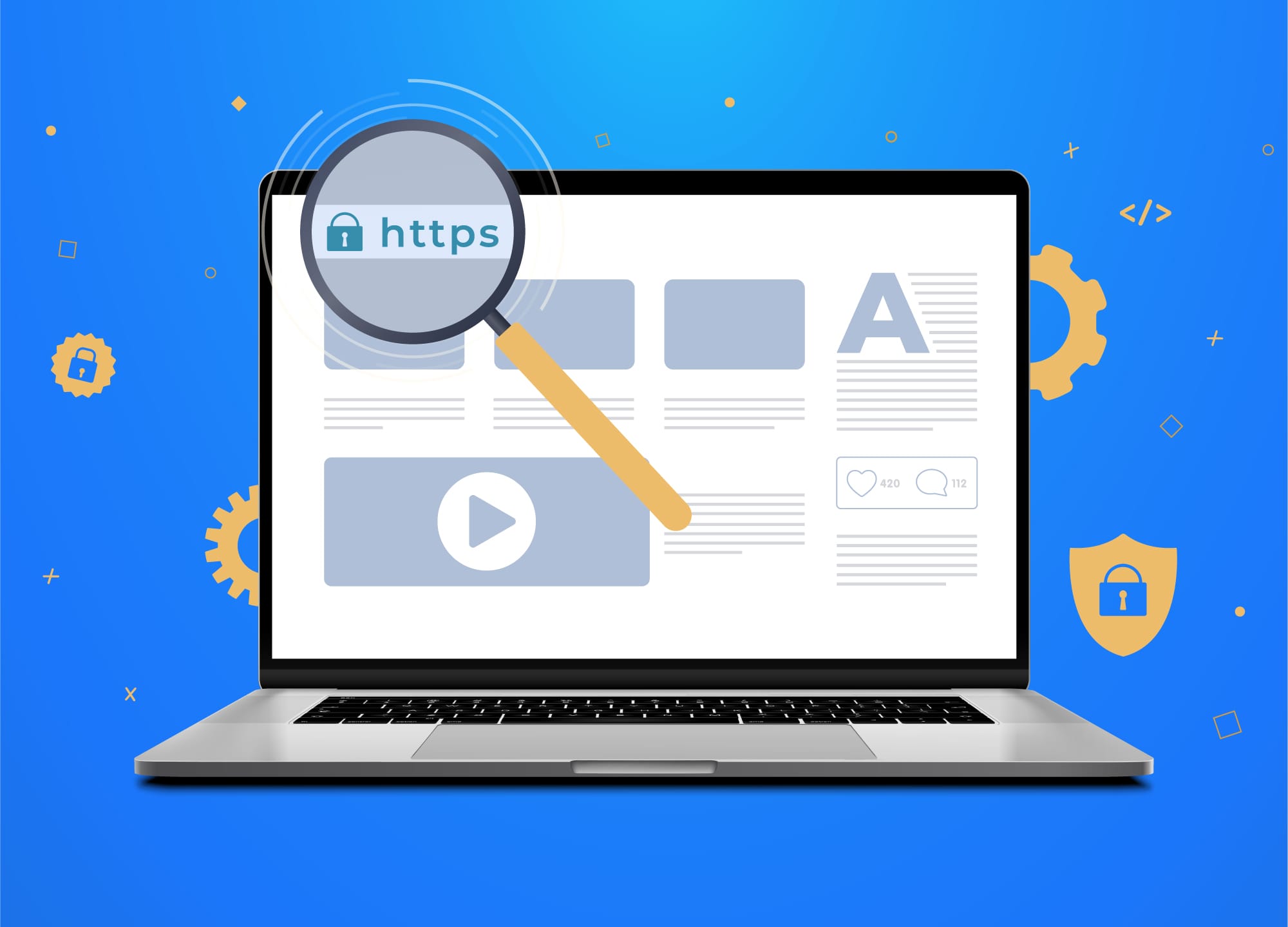Internet has never been so large and concentrates a mass of immeasurable information. If access to knowledge has unrivaled progress, the densification of the web camouflages the presence of malicious websites.
Why is it important to know if a website is reliable?
The dangers of disinformation
The European Commission defines disinformation as "a false or deceptive content, disseminated with the intention of deceiving or obtaining an economic or political gain, and likely to cause public damage. ». Although disinformation existed long before the invention of the Internet, it has become a real scourge since the advent of social media. These websites produce real -time information, and do not always take the time to check the veracity of information. These websites are not limited to traditional and certified media. Internet gives the possibility to who wishes to disseminate and relay information, to be a journalist and to create their own media. This visibility benefits journalism enthusiasts, but also to malicious organizations using the web as a vector of disinformation. These websites hope to manipulate public opinion, political decisions and more generally destabilize political order.
Online scams
Websites are also likely to be online scam vectors. Some fraudulent sites take on a real appearance and in accordance with standards, to trust their user confidence. These sites work that their visitors enter their contact details (name, first name, e-mail, telephone) in registration forms which will then be used to organize Sociations.
To attract Internet users, The scammers develop false contests, false advertisements or even false journalistic articles. The idea is to make shock content that will surprise and arouse the reader's questioning. The latter will then havetened to click on the content, without taking the necessary step back to reading the content, both attractive and dangerous ...
Three reflexes to have to find out if a site is reliable
From the first moments of your navigation, some characteristics can alert you to the reliability of the site consulted. You must take the time to analyze certain points before clicking on a link and then trust the site.
👉Tow you are content that seems extraordinary to you
Some web pages promise outgoing content. This exceptionality tends to trap us. This process relies on the curiosity of readers to attract its victims. "Shock titles" available to you. On the contrary, take the time to check these news on reliable and recognized information sites.
👉Verify the aspect of the site (security badges, legal notices, errors and aesthetics of the page)
If the aesthetics of a site is not a guarantee of its reliability and vice versa, there is nevertheless an index which must put the chip in your ear. For example, the sites offering stolen and resolved bases are unreliable.
You can also look at if the website in question has a comment or review space, this could mean that other users use this site.
The presence of SSL certificates and safety badges of secure brands (Norton, McAfee) could also reassure you.
When uncertainty wins you on a website, it is essential to consult the conditions of use of the website and its section "About us". On the one hand, these headings provide you with the regulatory framework (general conditions of sales, legal notices and privacy policy) to which the site is submitted. Thus, in the event of a malicious site, you can distinguish inconsistencies or even note that the site has no condition of use. As such, we have noticed that the sites of the GPCI disinformation network do not have legal notices and contain several errors despite domestic consonance domain names.
👉 Start that you are on an HTTPS site and not http
Favoring HTTPS sites and avoiding HTTP guarantees that your data exchanged between your browser and the site is encrypted. Thus, these data cannot be spied on or modified.
To go further if your doubts are awake:
The use of a "white"
A "Whois" is a database with free access, providing the contact details and information relating to the holder of the domain name of a website. The understanding of the data of the website you consult will identify any anomalies concerning the email, the telephone number and the physical address of the website. The use of a Whois also allows you to know the age of a domain name. On this subject, we invite you to bring great vigilance to the most recent sites. Among the many Whois platforms available, we recommend this one: Who.is , Domaintools , or even Godaddy Lookup .
The use of specialized platforms
In theory, the assembly of tips and tools presented above, should allow you to raise your last questions. However, we offer a particularly interesting and efficient selection of platforms to assess the reliability of a website. These platforms mobilize algorithms based on the opinions of Internet users and use artificial intelligence to detect fraudulent websites.
Here are the platforms we recommend: Webcheck , Google Safe Browsing , Scamdoc and Scamadvis .
You can also complete the use of these platforms with verifes which assesses the reliability of a website thanks to a team of moderator which will bring human analysis to your survey.




